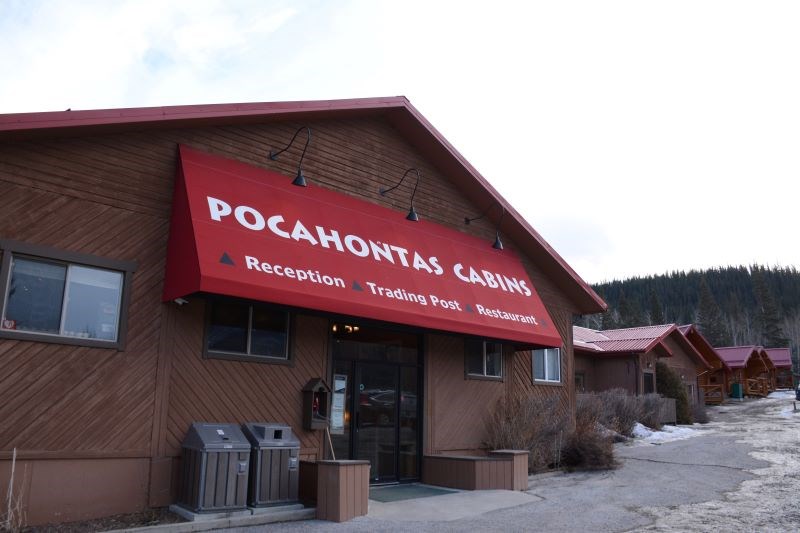
Peter Shokeir | [email protected]
A new name will be given to Pocahontas Campground in Jasper National Park following talks between Parks Canada and the Jasper Indigenous Forum.
Located in the eastern end of the national park, the campground will be temporarily renamed “Miette” as a more permanent name is sought that properly honours Indigenous cultures and connections to the area.
“Parks Canada and Indigenous peoples are partners in conserving natural and cultural heritage and sharing the stories of these treasured places,” said Alan Fehr, field unit superintendent of Jasper National Park, in a news release.
“The interim renaming of Miette will allow the time needed to continue discussions to ensure community members of all ages see their culture and language reflected back on these lands of enduring significance.”
Pursuit has also announced that its nearby Pocahontas Cabins has been renamed “Miette Mountain Cabins” as part of the larger initiative to rename the area.
“To ensure we are taking steps to honour this special place and in respect of the historical and cultural significance of these lands, we have collaborated with the Indigenous communities for this renaming,” said Stuart Back, chief operating officer of the Banff Jasper Collection by Pursuit, in a news release.
Parks Canada and the Advisory Group of the Jasper Indigenous Forum, composed of over 25 Indigenous groups with ties to the area, have been actively discussing a new name for the campground since 2020, following the death of George Floyd and the subsequent social movement.
The partners have since held around 10 virtual meeting on the renaming.
“The name has always been there in people’s minds—Parks staff but also partners—and we knew at some point we’re going to get around to addressing place names generally, but this one just stuck right out at that time,” Mark Young, Indigenous relations manager with Parks Canada.
“We’ve just arrived at the point where we felt it was good to just take away the name now, because even though we’re not in agreement in terms of names that will replace it, we thought it was important to get rid of the name just so it’s gone and we can lay the name ‘Pocahontas’ to rest, so to speak.”
Young explained how the historical figure known as Pocahontas is often viewed as one of the first “stolen sisters” who were taken away and brutalized, a narrative that has largely been obscured by popular media such as the Disney animated film.
“Pocahontas” has also been used as a racial slur, and the name has no connection to Jasper National Park or the local Indigenous peoples.
The temporary name “Miette” was chosen due to being consistent with existing names in this region of the park, with the campground sitting on Miette Road, which leads visitors along the Miette River to the Miette Hot Springs.
For now, “Miette Campground” will appear on all signage, correspondence and reservations, and will also be reflected in the names of the area’s warden cabin and hiking trail.
In interviews with the Fitzhugh, several members of the Advisory Group reaffirmed their support for the decision.
“It’s really part of Parks Canada’s broad commitment to reconciliation,” said Tracy Friedel, Metis Nation Alberta, Region 4.
“They work closely with the Jasper Indigenous Forum on a number of things, including this matter of the renaming of the Pocahontas site.”
Barry Wesley with the Bighorn Chiniki Stoney Nation said they would continue to discuss a more permanent name and “Miette” would only be temporary.
“However, we felt that it was inappropriate to have that name (Pocahontas) out here as the name comes from another tribe down east, and in respect to the tribe and the person who had the name… it’d be wise just to remove that name from Jasper,” Wesley said.
“The removal of the Pocahontas name in Jasper National Park is important because she was a stolen child, and her story is too often romanticized by fictions and untruths,” added Shelley Calliou, cultural advisor with the Kelly Lake Cree Nation, in a statement.
“As Indigenous people who have occupied these lands since time immemorial, it is up to us to preserve the culture and heritage of this area with respect and honesty.”



